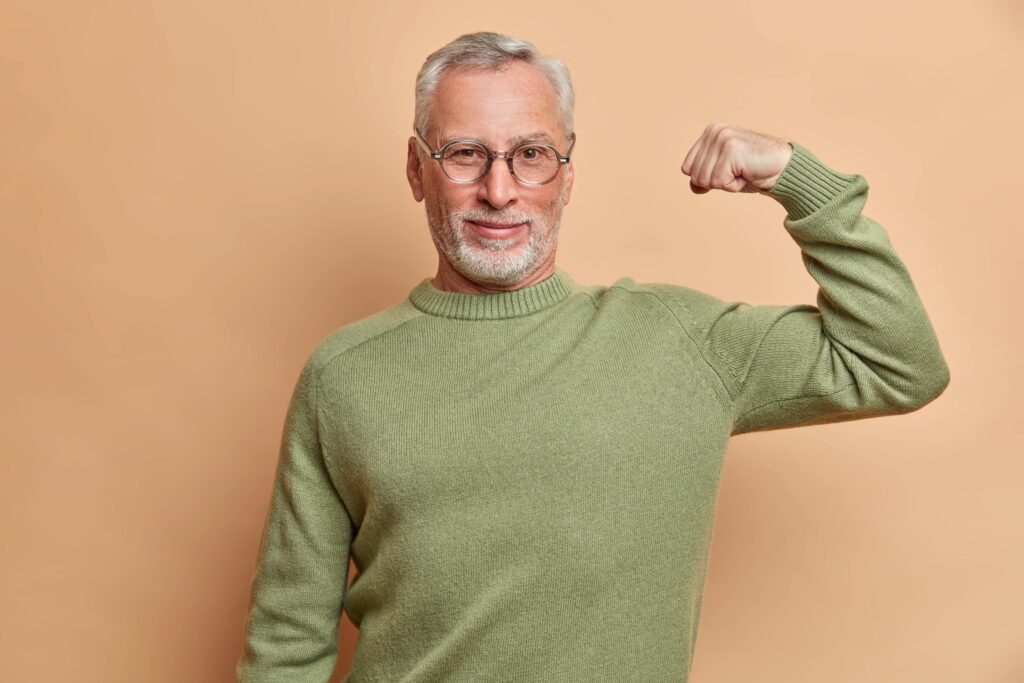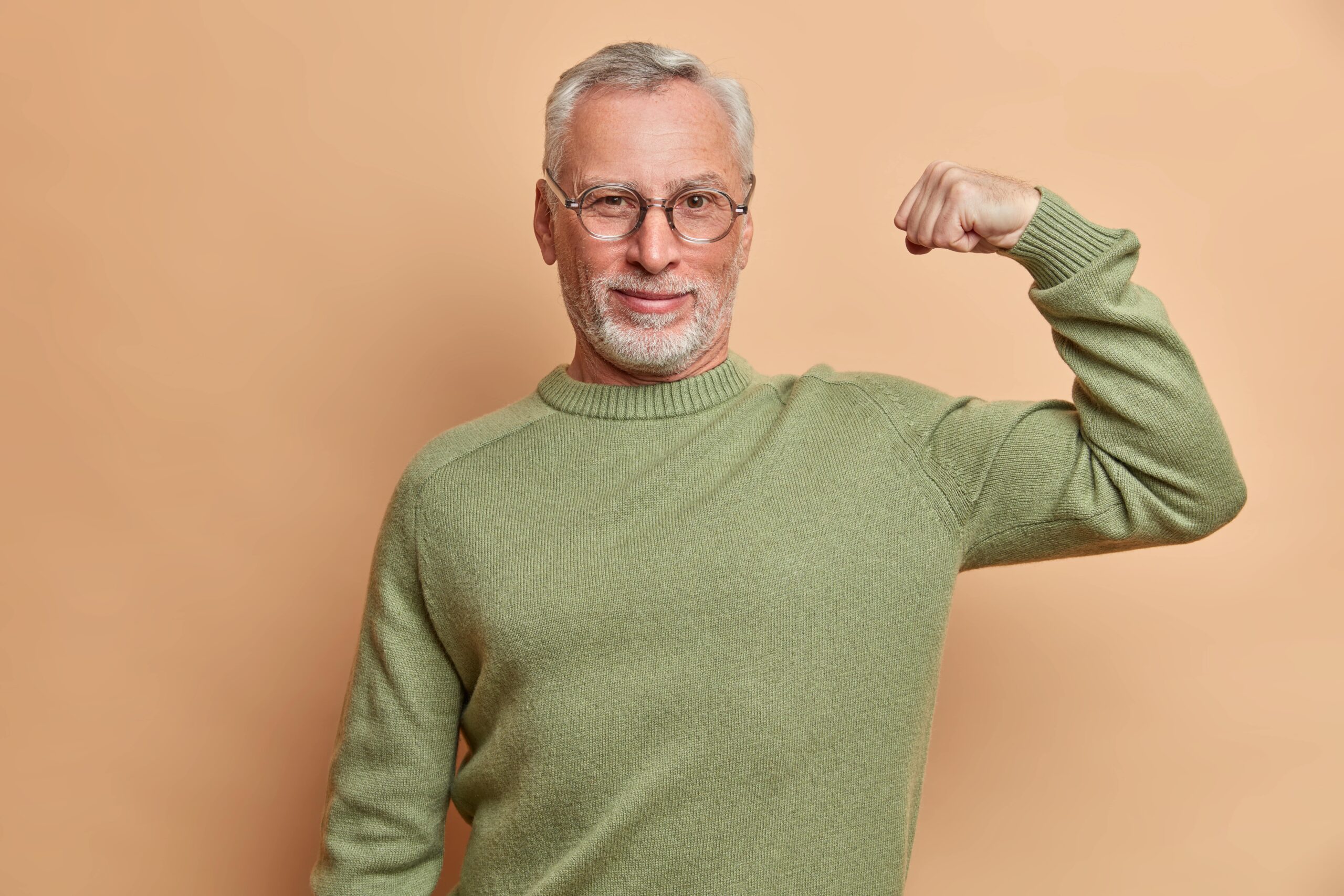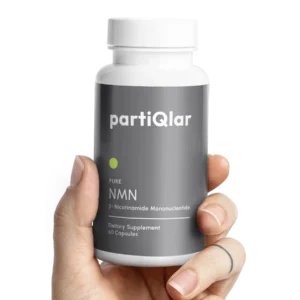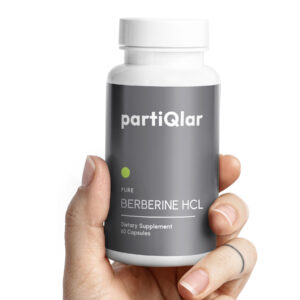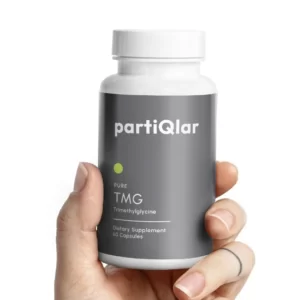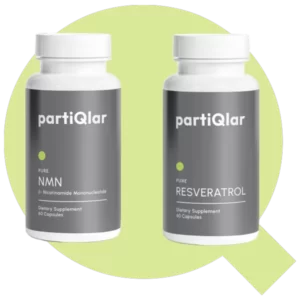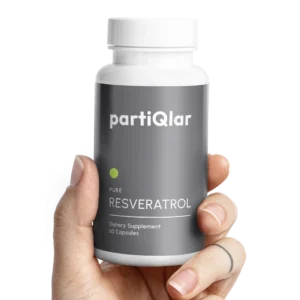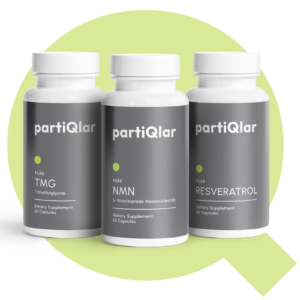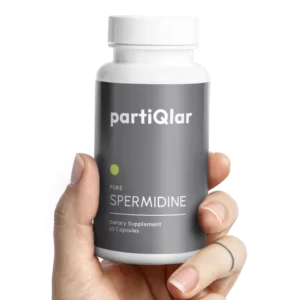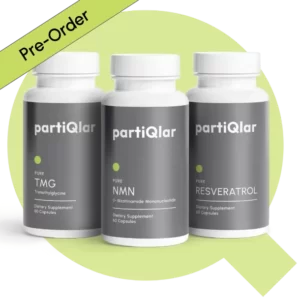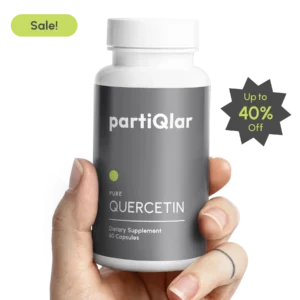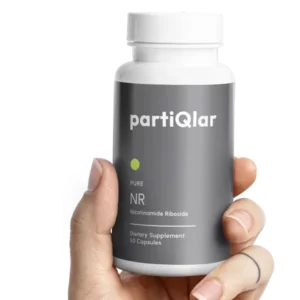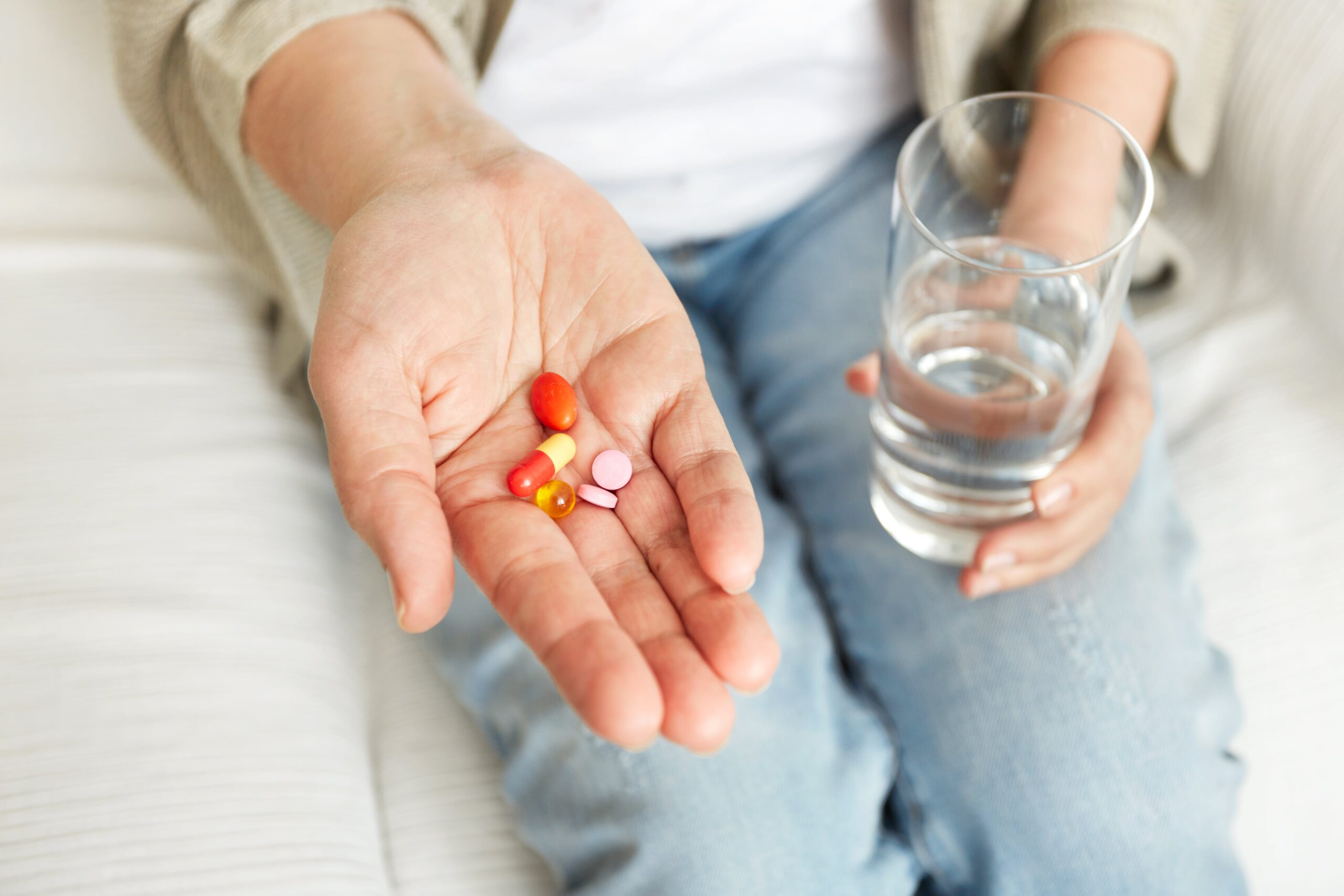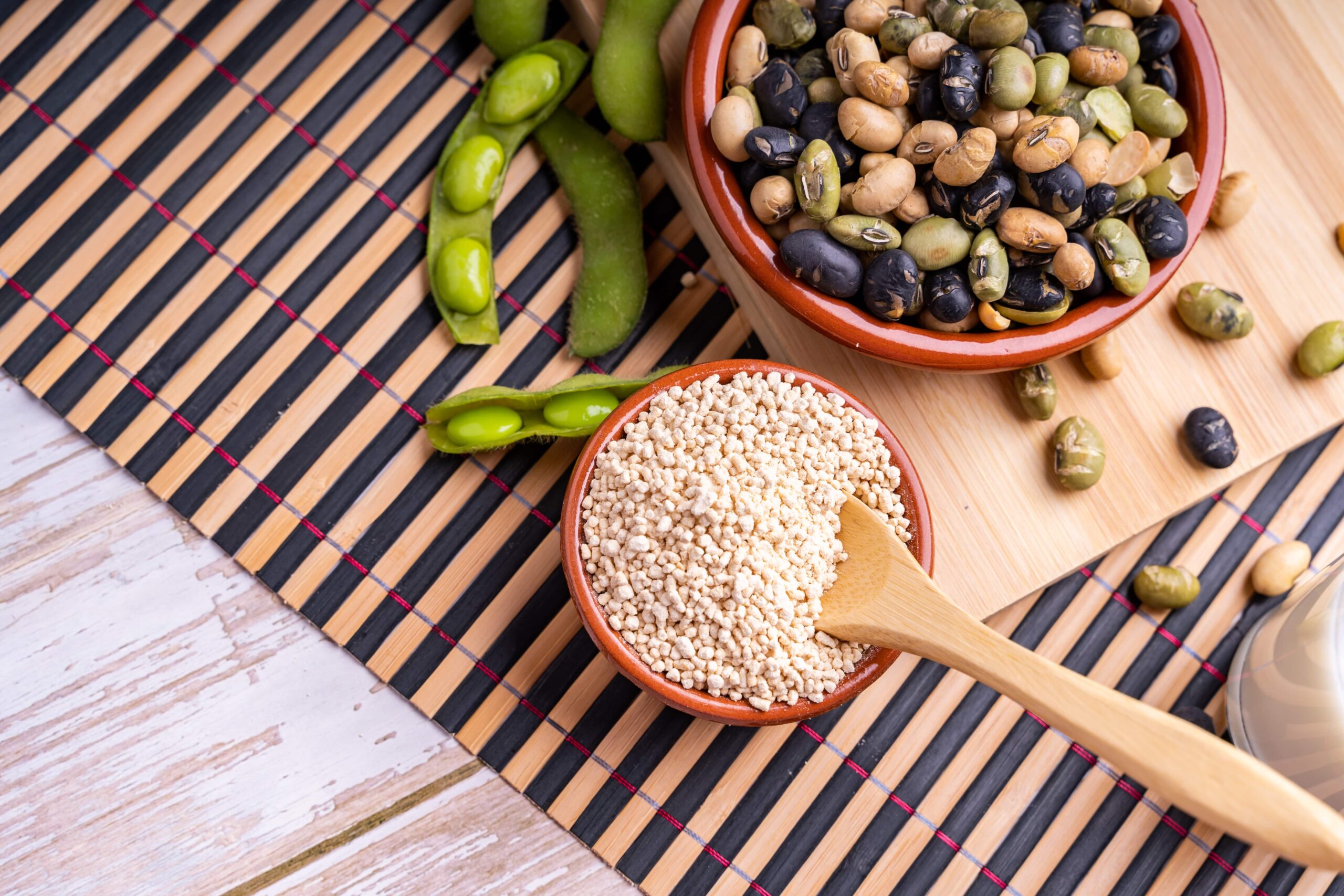The relationship between aging and physical activity is tricky: do we start to age and therefore move less or is our aging caused by our lack of activity? Let’s find out.
The correlation between aging and physical activity is evident — the share of people who do not exercise enough increases as they age. Approximately 34.5% of people in the US aged 65 or older engage in no physical activity whatsoever. But the question is, does aging cause us to move less, or do we grow lazy and therefore begin to age? Let’s find out.
Why and How We Age
Over the years, body cells gradually lose their ability to function properly. Some of them stop dividing, multiplying, and performing their programmed biological functions. It results in a sequence of processes observed in aging individuals:
– Hearing declines because blood vessels become stiffer.
– Skin starts producing less natural oil.
– It becomes increasingly harder to see because lenses in the eyes become less flexible.
– Bones become weaker, less dense, and more brittle. They also tend to shrink in size.
– Loss of muscle mass leads to reduced activity. It also negatively impacts strength, endurance, and flexibility.
– The control over coordination, stability, and balance decreases because of muscle loss.
– The slowing metabolism causes weight gain.
– The brain slightly shrinks. Combined with the changes in the levels of neurotransmitters, it results in a decline in cognitive functions.
These are the natural adverse effects of aging that cannot be prevented. However, engaging in some physical activity may be one of the ways to reduce the tempo of aging.
Does Aging Itself Cause Less Movement?
There are some scientifically proven reasons for aging to decrease physical activity. For one, after the age of 30, the average man’s maximum heart rate drops by one beat per minute every year, and the capacity to pump blood is reduced by 5-10% every 10 years. It means that while a 25-year-old heart can pump nearly 2.5 liters of blood per minute, a 65-year-old heart cannot get above the limit of 1.5 liters per minute.
The natural loss of muscle mass also contributes to reduced activity. Let’s combine it with gaining 3-4 pounds a year on average and the associated increased cholesterol level — and we’ve got ourselves a problem.
The decline in vigorous activity is programmed by nature. However, people who engage in regular, feasible physical exercise over the course of their life observe a limited impact of aging on their well-being. They generally have more active, fulfilling, and healthier lives compared to their inactive peers.
It becomes harder to exercise with age, that’s why many get lazier. But overcoming the difficulties can reduce the effects of aging on your body to a certain extent.
Our Products
How Exercise Slows Down Aging
There are a lot of factors that define our aging process. These include environmental conditions, dietary habits, genetics, past illnesses, injuries, emotional wellbeing, sleep, and others.
Surely, physical activity alone will not guarantee you will stay young forever. However, research shows there is a direct relationship between aging and physical activity. For one, regular exercising is scientifically proven to improve the cognitive and executing functions of the brain. It positively affects psychomotor speed and memory as well.
Moreover, physical activity reduces mortality risk factors, such as arterial hypertension, diabetes, coronary heart disease, cancer, and others. It also helps attenuate decreases in muscle mass, improve strength, and increase the regenerative capacity of tissue. Impairments in muscle metabolism can also be slowed down through exercising.
In essence, exercising is one of the keys to what scientists call “successful aging.” Moderate exercise is recommended for people of all age groups to remain in good health and sound mind for longer.
How Much Physical Activity Is Needed for Healthy Aging?
There are studies that analyze the dependency between exercising, dieting, and longevity. One of their findings is that people can lower the risk of premature death by 30% through exercise. But how much activity is enough?
Physical activity guidelines for Americans claim that 150 minutes of moderately intense exercising and two days of muscle strengthening exercises weekly is the minimum each person should do. It may sound like a lot of time and work, but actually, it boils down to 20-30 minutes of fast bicycling or jogging at 6 mph a day. Combine it with two strength sports sessions each week, and you will secure yourself a healthier lifestyle that can help you feel younger for longer.
In Conclusion
Exercising is crucial for healthy aging and a prolonged lifespan. There are some physical factors that impact the very contribution of exercising to successful aging and the opportunity to exercise. Still, it’s not that we move less because we age. It’s rather we move less because it becomes increasingly harder, and therefore, start aging faster.
Even if you do not have enough time, motivation, or energy to train for 150 minutes or more each week, remember: having some activity is better than having none.
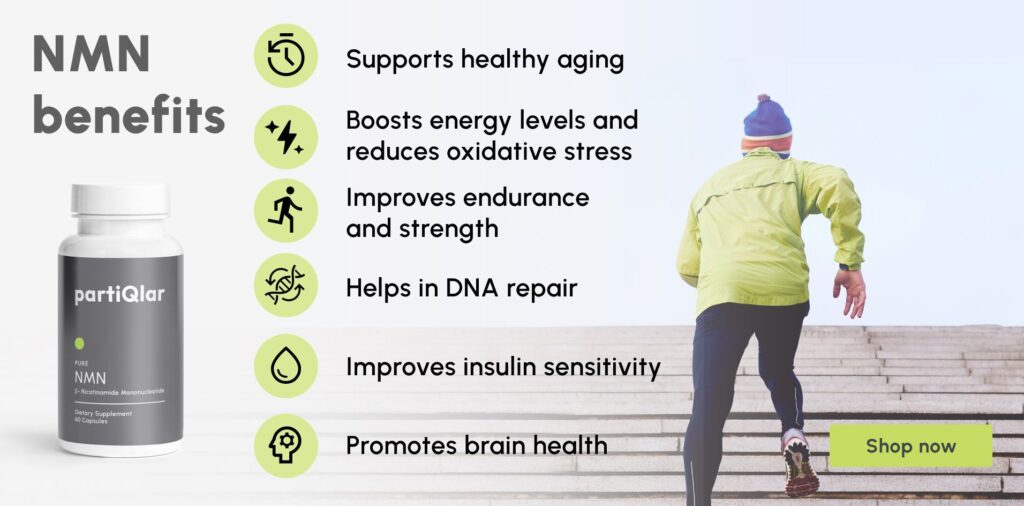
Read more
Explore how Apigenin can enhance sleep quality and promote healthy aging with its wide range of health benefits. Integrate Apigenin into your Sleep Cocktail to enjoy deeper, more restful sleep and support your overall well-being.
Vitamins do not possess the ability to stop the natural aging process, they can undoubtedly play a crucial role in supporting healthy aging or even slowing it down. So, when considering what should be included in your anti-aging strategy – vitamins cannot be missed.
Is it possible to get enough NMN from natural food sources to increase NAD+ levels. To answer this question we will review different types of food with the highest amount of NMN: Edamame, Avocado and Broccoli.
